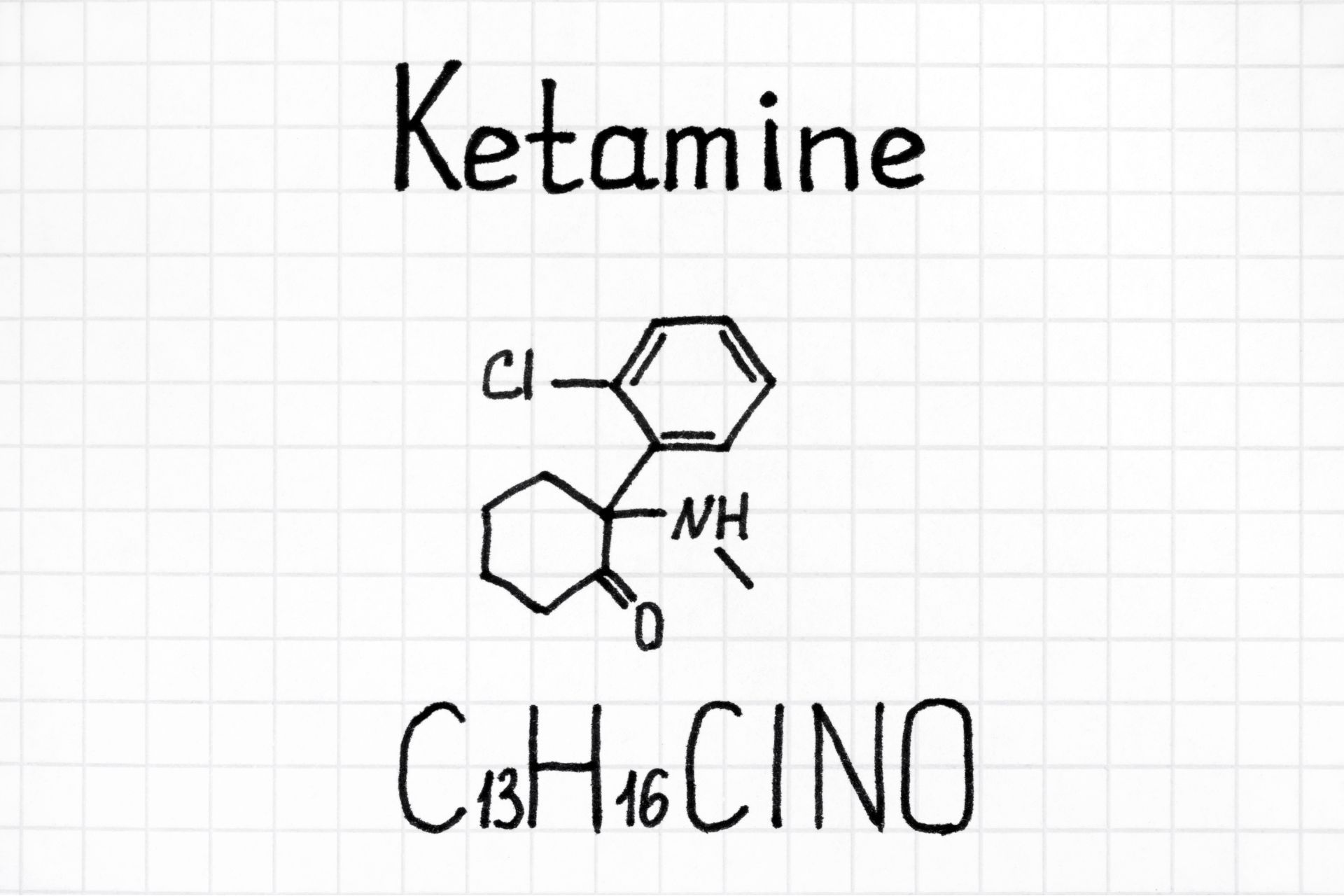Effects of Ketamine Popularity

Ketamine, a powerful dissociative drug with both medical and recreational uses, has been gaining popularity in recent years. Once mainly used as an anesthetic, ketamine is now being abused for its hallucinogenic effects and reputation as a party drug.
As its use becomes more widespread, it's important to consider the potential effects of its increasing popularity.
When Did Ketamine Become Popular?
Ketamine was first synthesized in 1962 by Calvin Stevens, a scientist at Parke-Davis pharmaceutical company. It was initially used as a veterinary anesthetic and later as a human anesthetic due to its rapid onset of action and relatively short duration. It wasn't until the 1990s that ketamine started to gain popularity as a recreational drug.
In the 1990s, ketamine became more widely available on the club scene, particularly in the UK and US. It was often used as a party drug due to its psychedelic effects and ability to induce a feeling of detachment from reality. The drug's popularity continued to grow throughout the 2000s and 2010s, with reports of ketamine being used at music festivals, parties, and in other social settings.
One of the reasons for ketamine's popularity is its unique effects. Unlike other hallucinogens such as LSD or psilocybin mushrooms, ketamine acts quickly and induces a dissociative state where users feel detached from their bodies and reality. This can lead to intense visual and auditory hallucinations, as well as feelings of euphoria and detachment.
In recent years, ketamine has also gained recognition for its potential therapeutic benefits. In 2019, the FDA approved a ketamine-derived nasal spray for the treatment of depression, marking a significant milestone in the drug's acceptance as a legitimate treatment option.
However, ketamine is not without its risks. The drug can be highly addictive and has the potential to cause harm, especially when used irresponsibly or in high doses. Long-term use of ketamine can lead to cognitive impairment, memory loss, and other mental health issues.
Positive Effects of Ketamine Popularity
One of the main reasons for the growing popularity of ketamine as a treatment option is its rapid-acting nature. Unlike traditional antidepressants, which can take weeks or even months to show effectiveness, ketamine can provide relief to patients in a matter of hours. This quick response time can be a game-changer for individuals who are struggling with severe depression and are in desperate need of relief.
Another positive effect of ketamine's popularity is its potential to help those who have not responded well to other forms of treatment. For individuals who have tried multiple medications and therapy options with little success, ketamine can offer a new and promising alternative. This can provide hope and a renewed sense of possibility for those who have been struggling with mental health issues for a long period of time.
The increased popularity of ketamine has also led to more research and understanding of its effects on the brain. Studies have shown that ketamine can help increase the growth of new neural connections in the brain, which can be particularly beneficial for individuals with depression and other mood disorders. This new knowledge is helping to expand the field of mental health treatment and offer more options for those in need.
Negative Effects of Ketamine Popularity
One of the most concerning issues with the growing popularity of ketamine is its potential for addiction. Ketamine is a powerful drug that can lead to physical and psychological dependence with regular use. Individuals who abuse ketamine may find themselves needing higher doses to achieve the desired effects, leading to a dangerous cycle of drug use and addiction.
Ketamine can have severe negative effects on mental health. Chronic use of ketamine has been linked to memory loss, cognitive impairments, and changes in mood and behavior. Some individuals may experience hallucinations, paranoia, and psychosis as a result of ketamine use. These mental health issues can have long-lasting consequences and may require professional treatment to address.
Another concerning aspect of ketamine's popularity is its potential for overdose. Ketamine is a powerful sedative and respiratory depressant, meaning that taking too much of the drug can be life-threatening. Individuals who abuse ketamine are at risk of experiencing respiratory failure, seizures, and even death. The growing availability and use of ketamine increase the likelihood of accidental overdoses among recreational users.
Conclusion
It is important for individuals considering using ketamine to be aware of these risks and to seek guidance from a healthcare professional before using the drug. Additionally, more research is needed to fully understand the long-term effects of ketamine use and to develop appropriate guidelines for its use in medical settings.
7050 S Highland Drive Suite 120,
Cottonwood Heights, Utah 84121, United States
Phone: 385-287-1469
Copyright © 2023
Alternative Pathways, All Rights Reserved.










